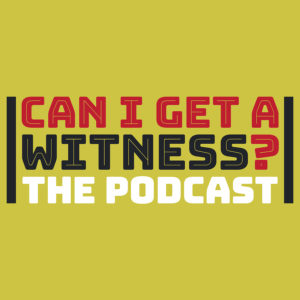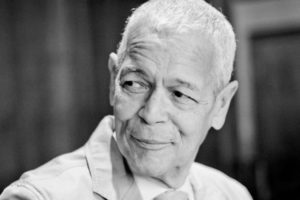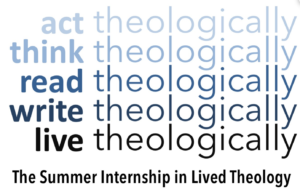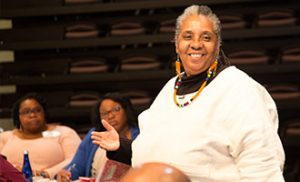
Witnessing Whiteness
Witnessing Whiteness is a scholarly yet accessible book that analyzes the current racial climate of American Christianity. It argues that, due to its role in the origins and proliferation of white supremacy, the white church and its theology (and theologians) have a special responsibility to work to dismantle racism. Read More









